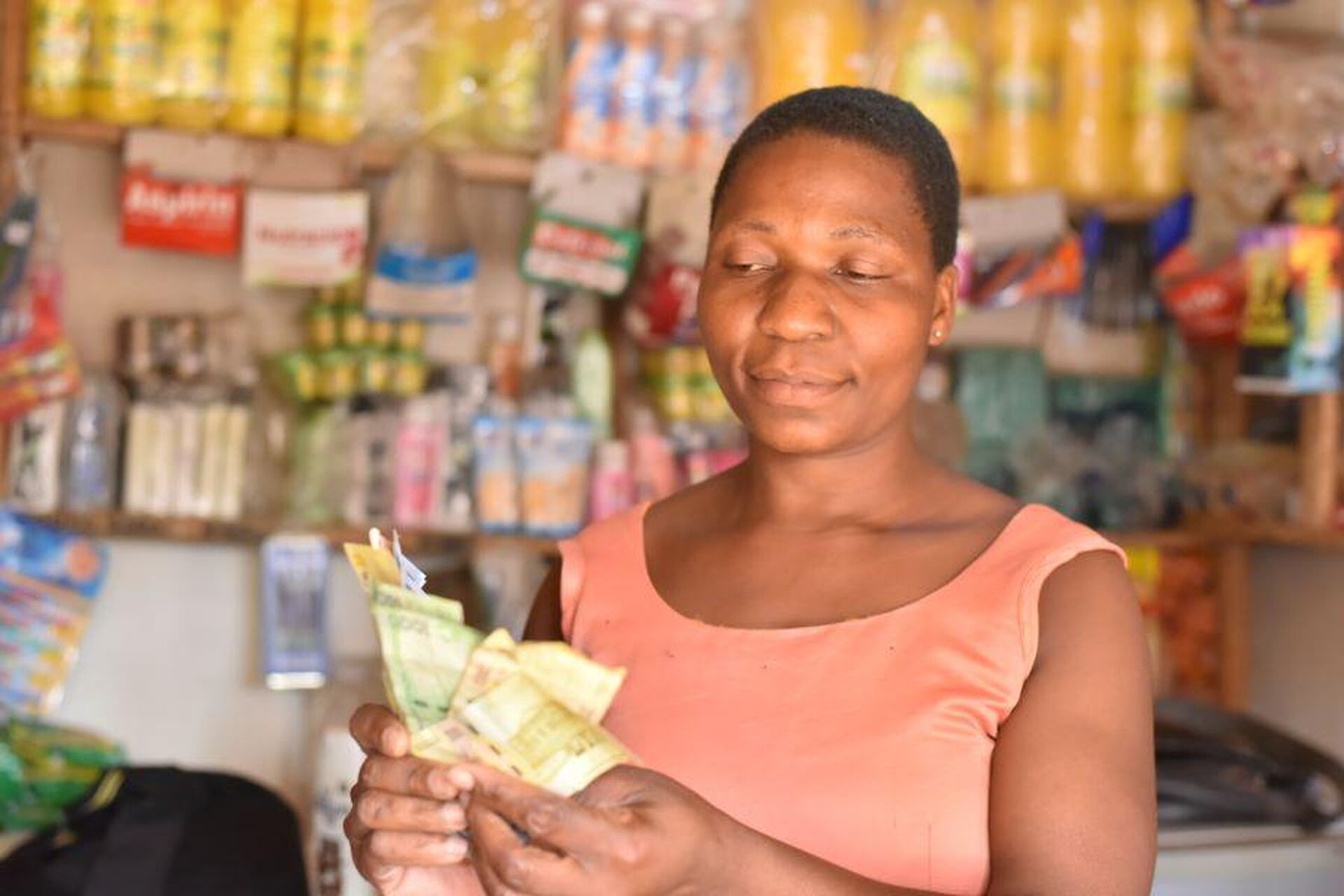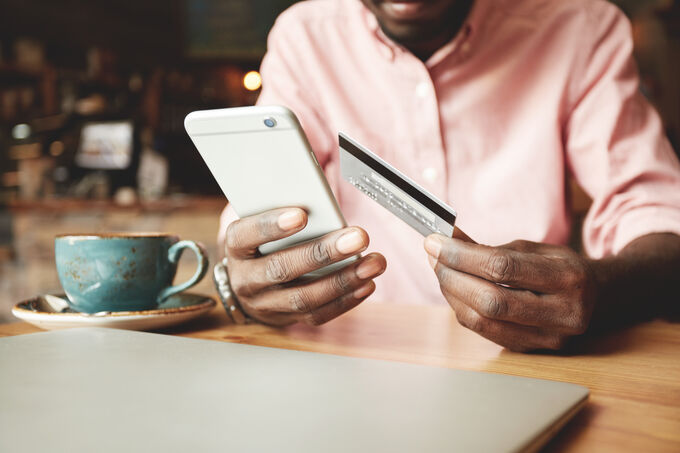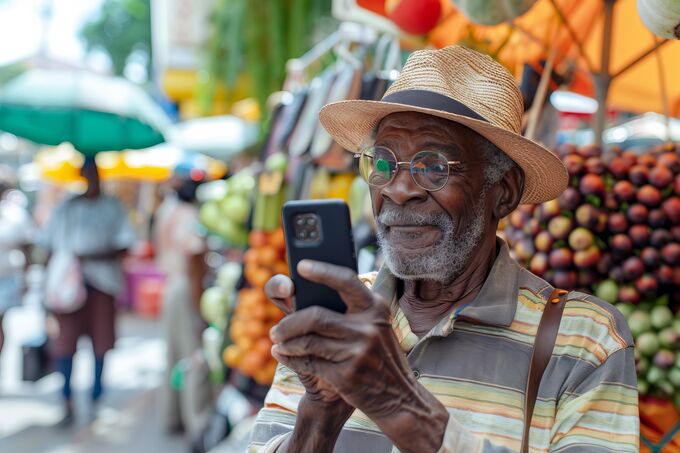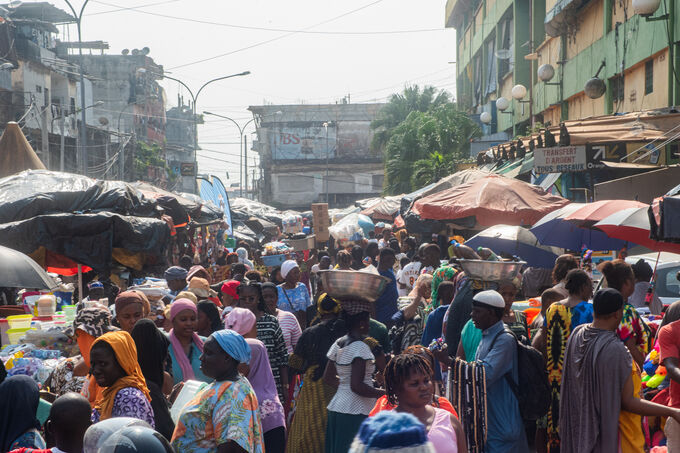
News
International Women Day 2024: Breaking Barriers, Accelerating Progress.
by Bery Dieye, Community Engagement & Digital Content Lead - 6 March 2024

International Women's Day always presents an opportunity to reflect on the progress made toward gender equality and to assess the journey that still lies ahead, in all areas. This year's theme, "Investing in Women: Accelerate progress" echoes one of the calls to action we made in our latest State of Inclusive Instant Payment Systems in Africa 2023 (SIIPS 2023) report. Namely, we advocated for "investing in inclusive instant payment systems to remove barriers to women's financial inclusion."
According to consumer data we collected for SIIPS 2023, the gap between men and women in their adoption and usage of digital payments remains a significant challenge, as glaring disparities persist throughout Sub-Saharan Africa (SSA). Personally, I have witnessed the impact of these barriers on women in my community, where access to financial services often feels like a difficult battle.
My cousin, Khady, regularly sends me the profits from her small business for safekeeping since I explained to her what my organization AfricaNenda does. She has a mobile money account through which she sends me these savings, but she doesn't feel confident keeping money on her phone, after twice losing money to fraudulent transactions. "The money will be safer with you,” she has told me. “You're familiar with the industry, and in the worst-case scenario, if you were to fall victim to fraud, you're resilient enough to reimburse me."
This reasoning, both funny and sensible, indicates how the lack of financial education and fear of fraud creates barriers for women. The SIIPS report underscores this through data on women in Cameroon and Senegal, who stopped using digital payments after experiencing fraud, or whose lack of financial literacy causes them to struggle to understand how payment systems work, making them easy prey for fraudsters.
The SIIPS data also highlights systemic biases that perpetuate inequalities between men and women in access to financial services. For example, my cousin Khady burst out laughing when I suggested she open a savings account at a local microfinance institution instead of sending me her savings every month. "Do you want people to think I'm rich?” she said. “Banks are for rich people and intellectuals. And if my husband finds out I have a bank account, I’m in trouble."
Khady's comment echoes those of the women interviewed as part of the SIIPS data collection. Many shared that they both lacked self-confidence when it comes to digital financial services and that social norms and pressure acted as a barrier to them getting an account. Without exposure to financial services through account usage, they cannot gain the experience that would allow them to build that confidence. According to the World Bank, there are six African countries where it is legally prohibited for women to open a bank account without their husband's consent.
Beyond financial confidence and social norms, the SIIPS report identifies additional structural obstacles to women’s accessing and using digital payments, including access to a mobile phone, access to the internet, having legal identity documents, and having access to services designed to address women's needs.

Most of these obstacles are known to the ecosystem, and some actors are already working to address them—in some cases by leveraging technology to empower women to take control of their financial futures. There are glimmers of hope and opportunities for progress. The SIIPS report presents concrete measures stakeholders can take to promote gender-centric digital payments to level the playing field and create a fairer financial ecosystem. Proposed avenues include:
- Establishing effective recourse mechanisms to combat service interruptions and fraud. With effective recourse mechanisms in place, women like Khady would have immediate support to address a fraudulent transaction and recover any lost funds. This not only protects her financial interests but also enhances her confidence in using digital payment services, ultimately contributing to her financial inclusion and empowerment.
- Investing more in women's financial education. Each of us, on a personal level, has a "Khady" in our circle whom we can coach.
- Re-examining regulations for their differential impact on women and men. Central banks could assess regulations to understand their gender impacts and rethink those that limit women's financial autonomy.
- Harnessing gender-disaggregated data to identify design opportunities for products and services tailored to women's needs. For example, if data analysis reveals that women in Khady's community prefer streamlined user interfaces and enhanced security features, mobile money providers can develop customized apps that prioritize these characteristics. Additionally, by analyzing spending patterns and financial behaviors among women, providers can offer tailored financial products such as savings accounts with flexible withdrawal options or microloans with lower interest rates.
- Integrating more women as agents in communities. SIIPS 2023 has shown that women feel safer with female agents. Moreover, women agents could be excellent advocates for financial education.
So, let's continue to celebrate International Women's Day, but above all, let's act! Let's seize the opportunity to invest in women's financial inclusion and empowerment. By breaking down barriers and providing access to resources, we can accelerate progress towards gender equality and economic empowerment. Whether by supporting initiatives that provide financial education, advocating for policies that promote gender-inclusive financial services, or investing in businesses led by women, every action counts, whether by an individual or a country. I will continue to raise awareness with my cousin Khady until I convince her to open a savings account or keep her money herself in her e-wallet, hoping that the infrastructure will enable her to access the services she needs and that the regulations will be flexible enough that she can open an account. At the continental level, collaborative efforts led by organizations like AfricaNenda will help build a future where financial inclusion knows no gender boundaries.
Together, let's empower women to take control of their financial futures and pave the way for a more inclusive and equitable society.


